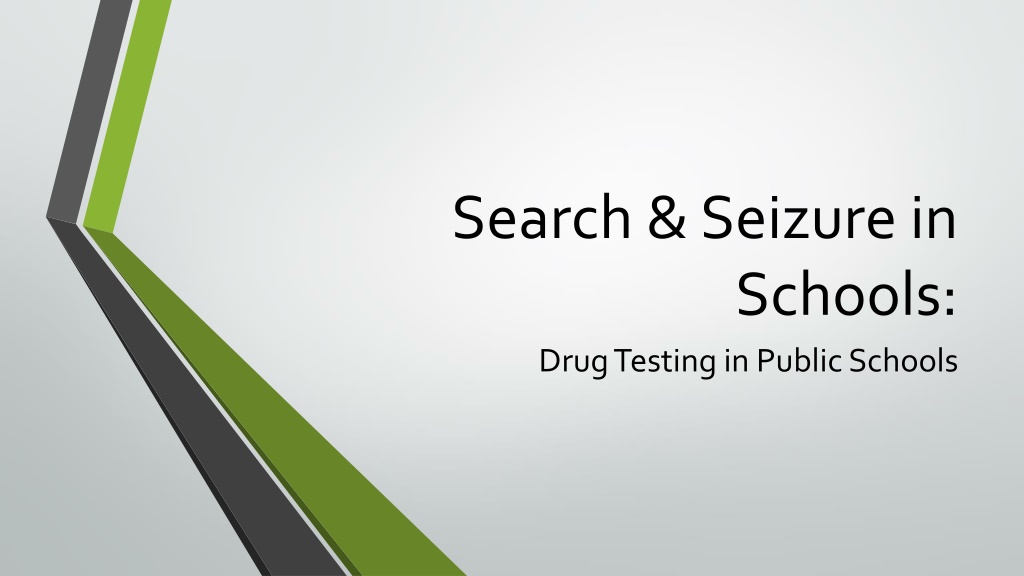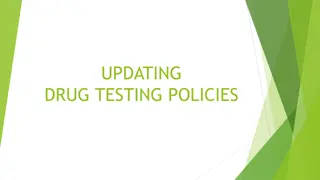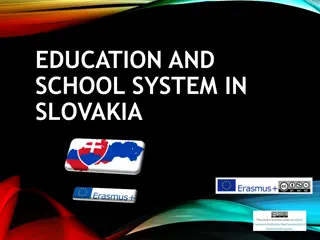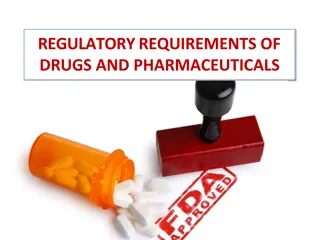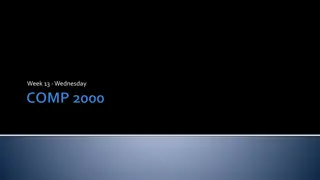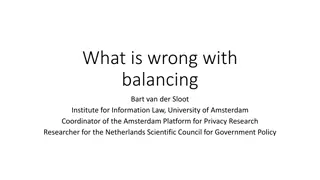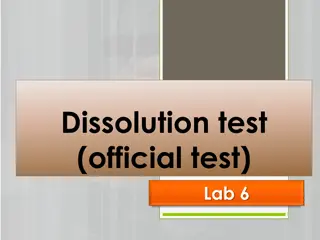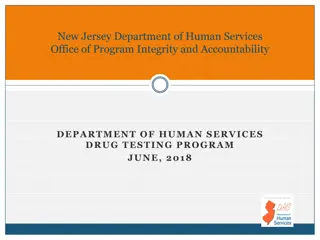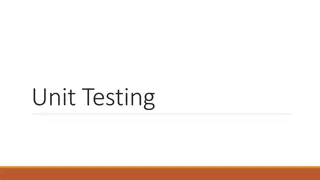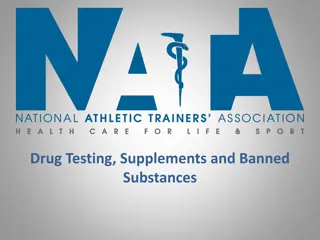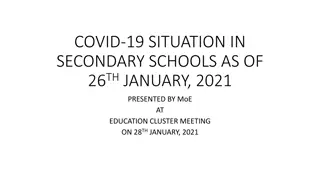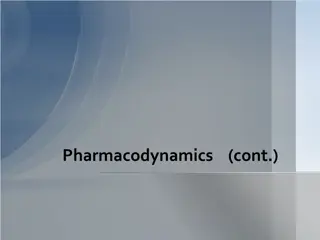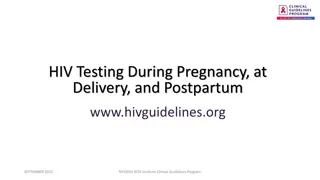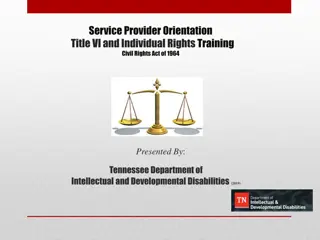Drug Testing in Schools: Balancing Rights and Safety
The debate on drug testing in schools revolves around constitutional rights, special needs exceptions, and privacy concerns. While federal law allows testing of student athletes and those in extracurricular activities, Washington State enforces stricter rules without special needs exceptions. The key question remains the reasonableness of searches, balancing safety with privacy rights.
Download Presentation

Please find below an Image/Link to download the presentation.
The content on the website is provided AS IS for your information and personal use only. It may not be sold, licensed, or shared on other websites without obtaining consent from the author. Download presentation by click this link. If you encounter any issues during the download, it is possible that the publisher has removed the file from their server.
E N D
Presentation Transcript
Search & Seizure in Schools: Drug Testing in Public Schools
Opinion Poll Drug testing should be allowed in schools Strongly Agree Strongly Disagree
Opinion Poll Drug testing should be allowed in schools Test everyone Random Testing Test Suspicious Never Test
Whats the Law? Federal law: The Fourth Amendment to the Constitution Special needs searches are reasonable even without a warrant The US Supreme Court has said that drug testing of student athletes falls within this special needs exception because schools need to protect students well-being. The Supreme Court later said that schools can drug test ANY student participating in extracurricular activities.
Whats the Law Here? Washington Law Article I, Section 7 of the WA Constitution: No person shall be disturbed in his private affairs, or his home invaded, without authority of law WA Supreme Court: NO special needs exception to the warrant requirement for random drug testing in schools
Who Got It Right? Do schools have a special need to keep drugs out of schools? Or should schools be limited to testing students they have reason to suspect might be using drugs?
The Fourth Amendment in Schools Students do NOT give up their Fourth Amendment rights when they come to school But the government can more easily justify a search of the student s person or possessions at school The US Supreme Court in New Jersey v. T.L.O said: a school can search a student s person or possessions if there is a reasonable suspicion that the student has contraband items.
Key Question: Reasonableness Is the item that the school is searching for something extremely dangerous? How reliable is the information? How badly was the person s privacy invaded? The Supreme Court said in Safford v. Redding that it was NOT reasonable for a school to make a 13 year old student undress so she could be searched for Tylenol based on an unconfirmed tip.
